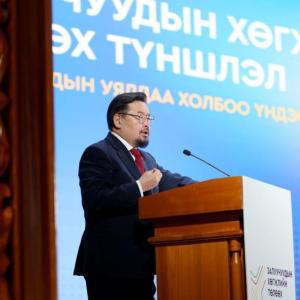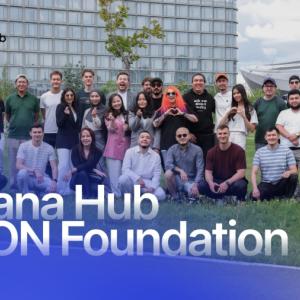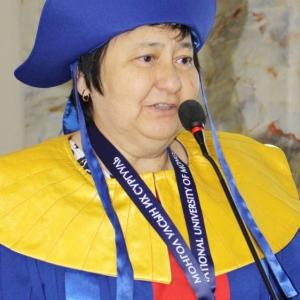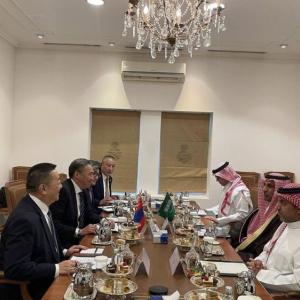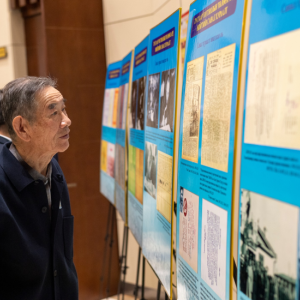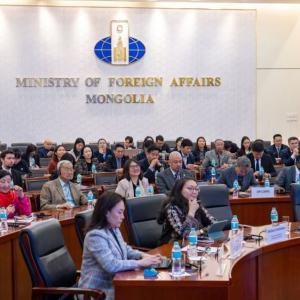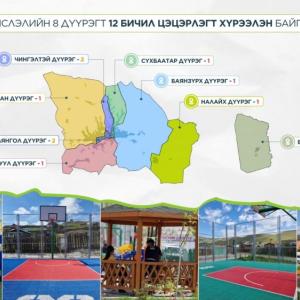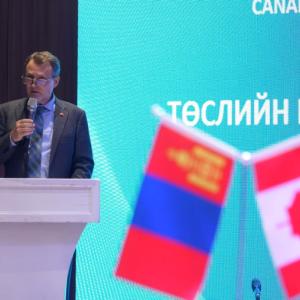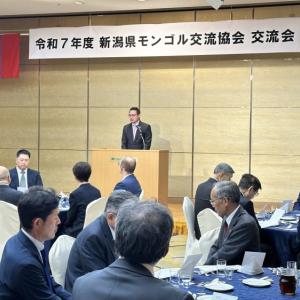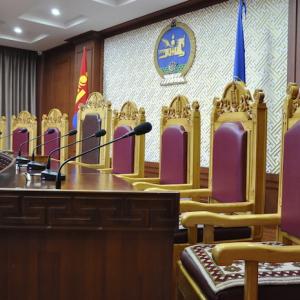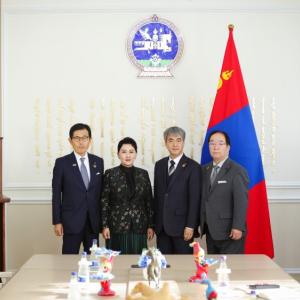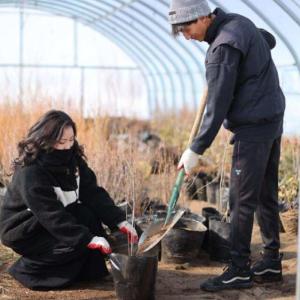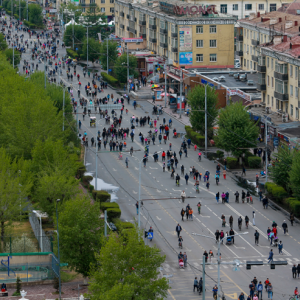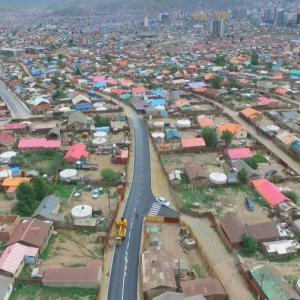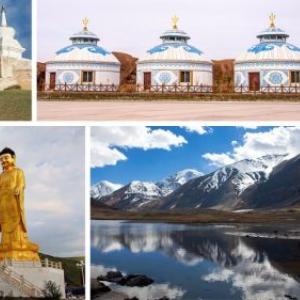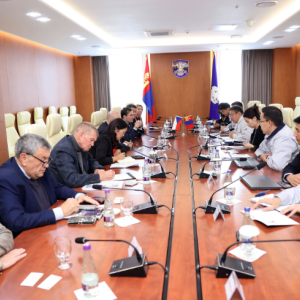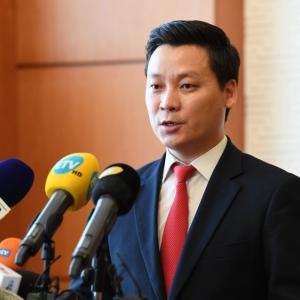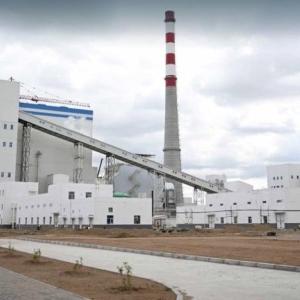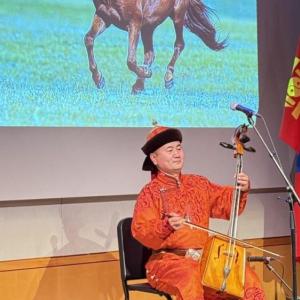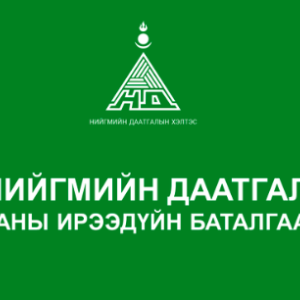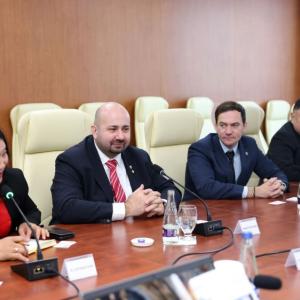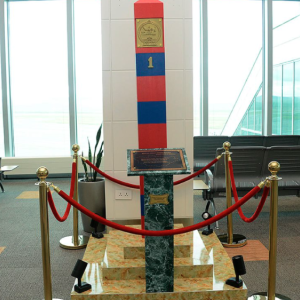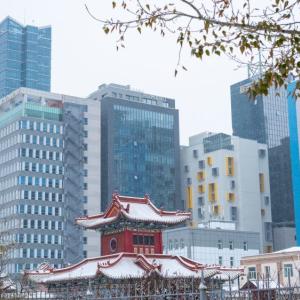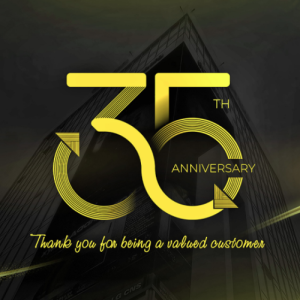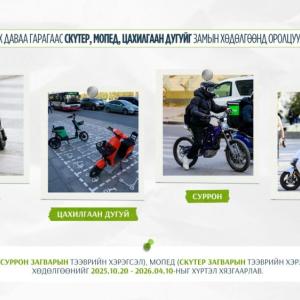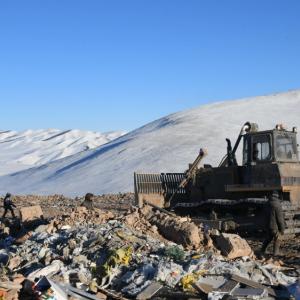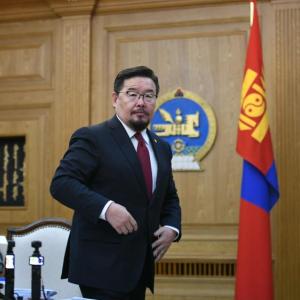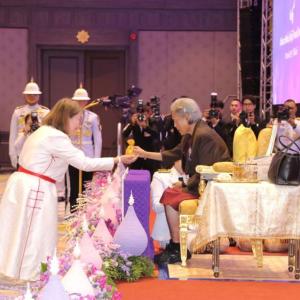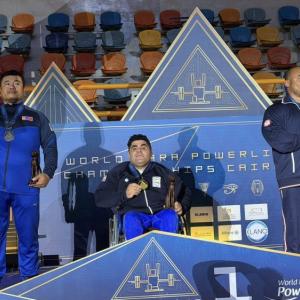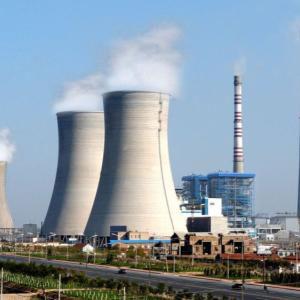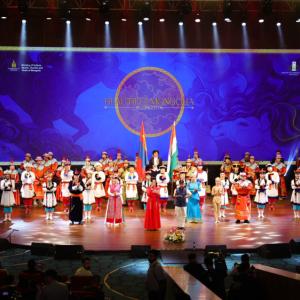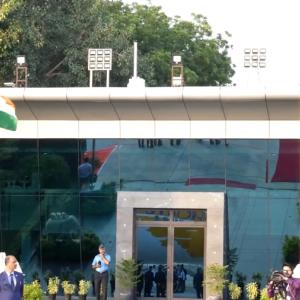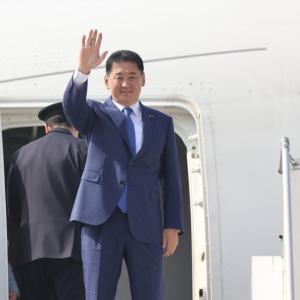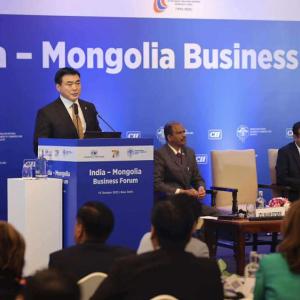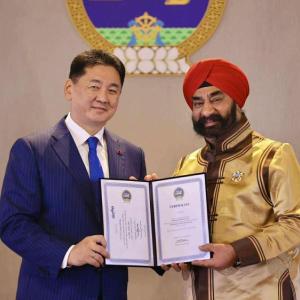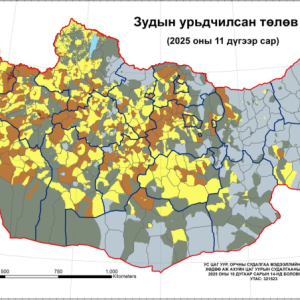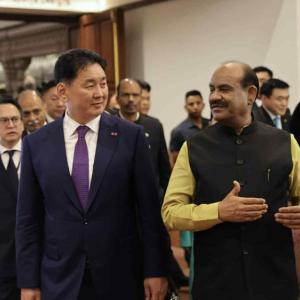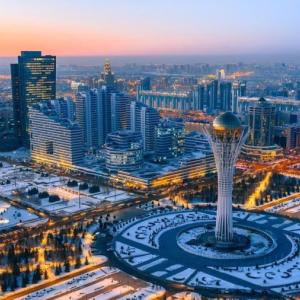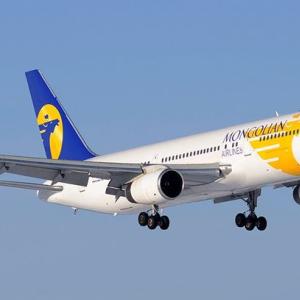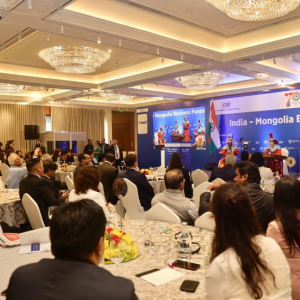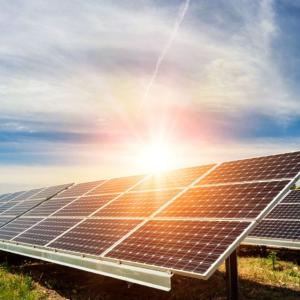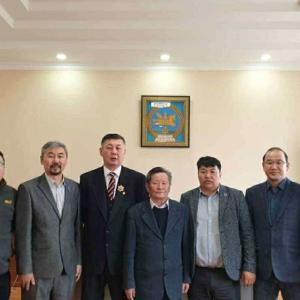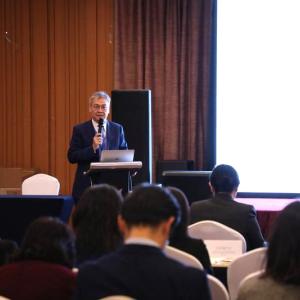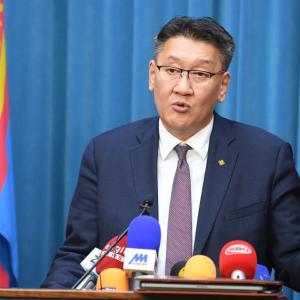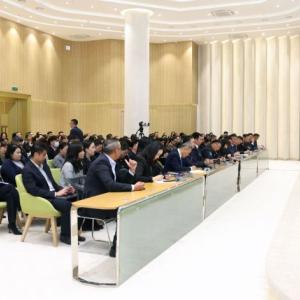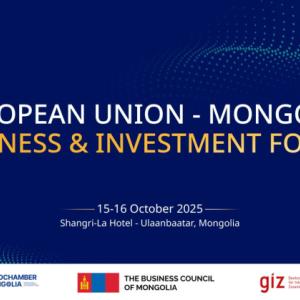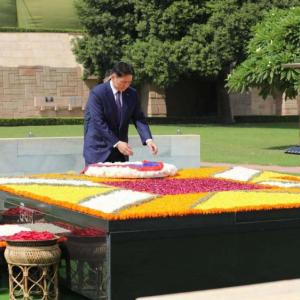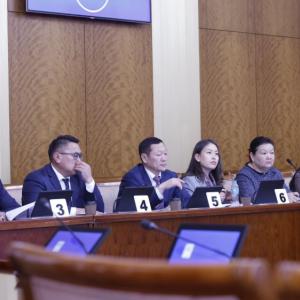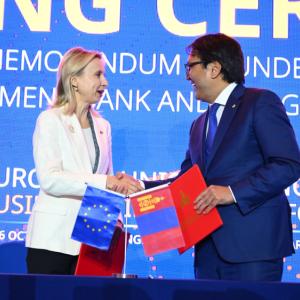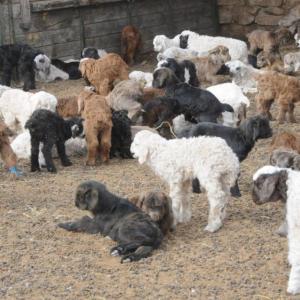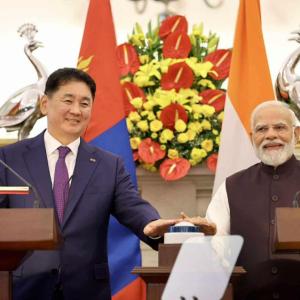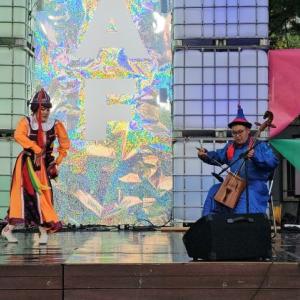EBRD and EU support better waste management in Ulaanbaatar
Environment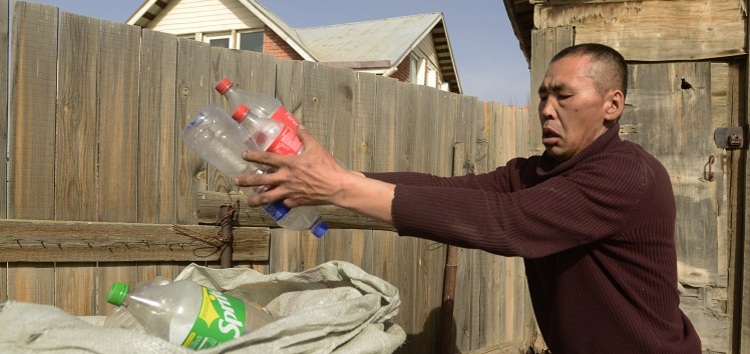
Ulaanbaatar/MONTSAME/. Across Mongolia, the connection of
people to their environment is a very special one, deeply rooted in the local
culture.
But the environment has been facing some difficult challenges in recent years, mostly because of the rapid development of the capital city, Ulaanbaatar.
These challenges are partly due to the general trend of urbanisation, as in many developing and transition countries. However, there are also some unique factors at play in the city, such as its location in a valley and coal-fired heating across its ger districts.
The European Bank for Reconstruction and Development (EBRD) and the European Union (EU) are working together to address one of these environmental challenges: waste. Only one out of three landfills in Ulaanbaatar is currently sanitary, so there is an urgent need for change. This is why the Bank has invested USD 9.7 million, supported by more than EUR4.9 million in EU grants, to expand the city’s capacity and modernise the way it manages its waste.
Mrs Tsolmonsaikhan, who lives in the Biokombinat area, where the landfill is located, stresses that such improvements are much needed. She has three children – aged 2, 3 and 13 – but does not allow them to play outside. She worries that they will find something to play with that is dangerous or bad for their health.
“In the spring, the waste flies away from the landfill. When I want to take my kids up the mountain, it is full of it. It is not a proper environment for the kids to grow up and play in.”
The investment will help the city to add much-needed capacity to the existing landfill Moringiin Davaa and turn it into a sanitary one in line with EU standards. At the same time, a new plant will recycle construction and demolition waste. This will reduce the use of building material and release capacity on the landfill through lower waste volumes.
Mrs Uugantsetseg also lives close to the landfill and has high hopes for the improvements.
“We hope that it will help to prevent air pollution. When the waste is burned, it creates a lot of smoke and the environment becomes very bad,” she says. “The environment is naturally important for me. You are healthy when you are surrounded by clean air.”
“The air quality in this area has traditionally been better than in Ulaanbaatar city centre, although the issue has become increasingly challenging at times. Soil has become loose from digging, and passing trucks, heading for the landfill, cause a lot of road dust,” she adds.
The preparation works for construction are under way. The problem of dusty access roads is among those that will be solved in the near future. Recycled construction waste will be used to repave access roads to the landfill. Furthermore, a road sprinkler and water tank will be purchased as part of the project, which will help to control and minimise dust for residents living close by.
The works to build the landfill and construction recycling plant are due to start this year and are expected to be completed in 2023.
A more modern waste infrastructure will bring about significant benefits in environmental protection and public health, and will contribute to offering local citizens a better quality of life for the years to come. The improvements are expected to reduce CO2 emissions by 18,000 tonnes and save around 100,000 tonnes of material each year. This is equivalent to taking 3,800 passenger cars off the road.
These improvements will turn Ulaanbaatar into a greener city. Ulaanbaatar is part of the EBRD Green Cities Programme, which foresees various investments in Mongolia’s capital. These will lead to significant and tangible improvements for Ulaanbaatar’s citizens, while protecting the environment in the long run.
Source: EBRD in Mongolia
 Ulaanbaatar
Ulaanbaatar






